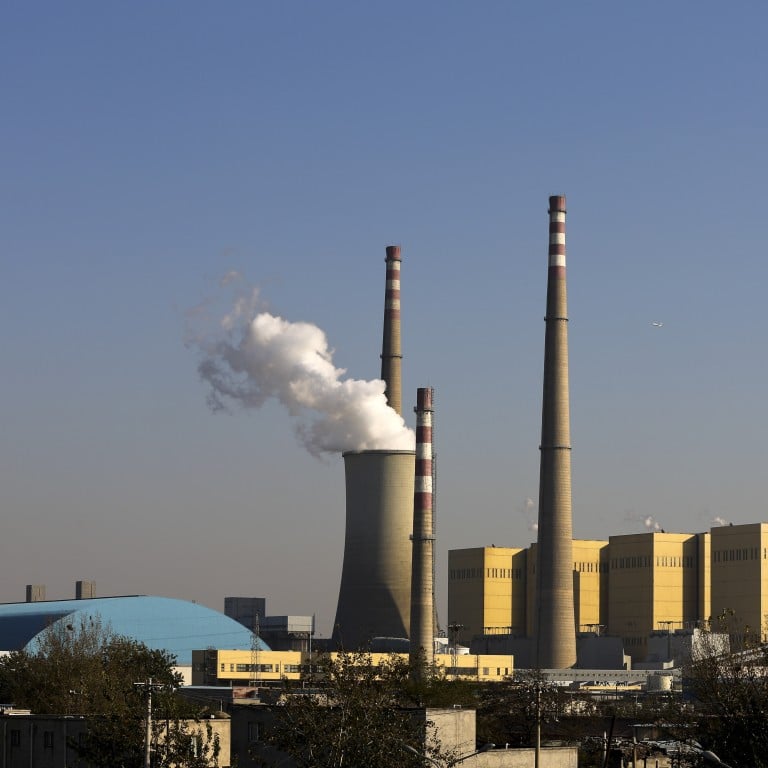
China's carbon pledges for Paris talks 'ambitious'
Country's peak emissions will be lower than level reached by US on per person basis: official
A senior official has defended China's climate blueprint submitted for upcoming UN talks as ambitious, saying its emissions would be lower on a per capita basis when they peaked in 2030 than the peak levels reached by Europe and the United States.
Zou Ji, deputy director of the National Centre for Climate Change Strategy and International Cooperation, said China would be emitting between eight and nine tonnes of carbon per person annually by that date.
"The level will be significantly lower than in the United States, whose peak occurred when per capita emissions reached 20 tonnes. In Europe, the per capita emissions were also higher than 10 tonnes when their emissions peaked," Zou said on the State Council's website on Monday.
The US peak occurred in 2007; several European countries peaked in the 1990s.
China is the biggest carbon emitter, accounting for 24 per cent of the global total. It has resisted pressure from developed nations to set a target for reducing total emissions, and instead seeks to chart a path that gives its economy greater room to grow.
In the package it will take to the Paris conference in December, it has offered to reduce its CO2 emissions per unit of gross domestic product by 60-65 per cent from 2005 levels by around 2030, and get about 20 per cent of its energy from non-fossil fuels.
Zou said the per capita income of Chinese by that time would be around US$15,000, lower than developed nations. "In terms of these two aspects, China is taking an unprecedented growth path … and China's pledges to control carbon emissions are actually quite ambitious," said Zou.
Some critics say the pledges are not aggressive enough as China would "overachieve" the goals as a result of economic restructuring and investment in green technologies.
But Zou said the nation faced several major hurdles, including financing, imbalances in regional development and slow progress in technological innovation.
The nation's massive urbanisation plans for the coming decades - which will require massive infrastructure construction - as well as the rising consumption demands of a rapidly expanding middle class, also created uncertainties for China's carbon goal.
Xie Zhenhua, special representative for climate change affairs at the National Development and Reform Commission, has previously said it will cost China 41 trillion yuan (HK$51.8 trillion) to meet the target.

